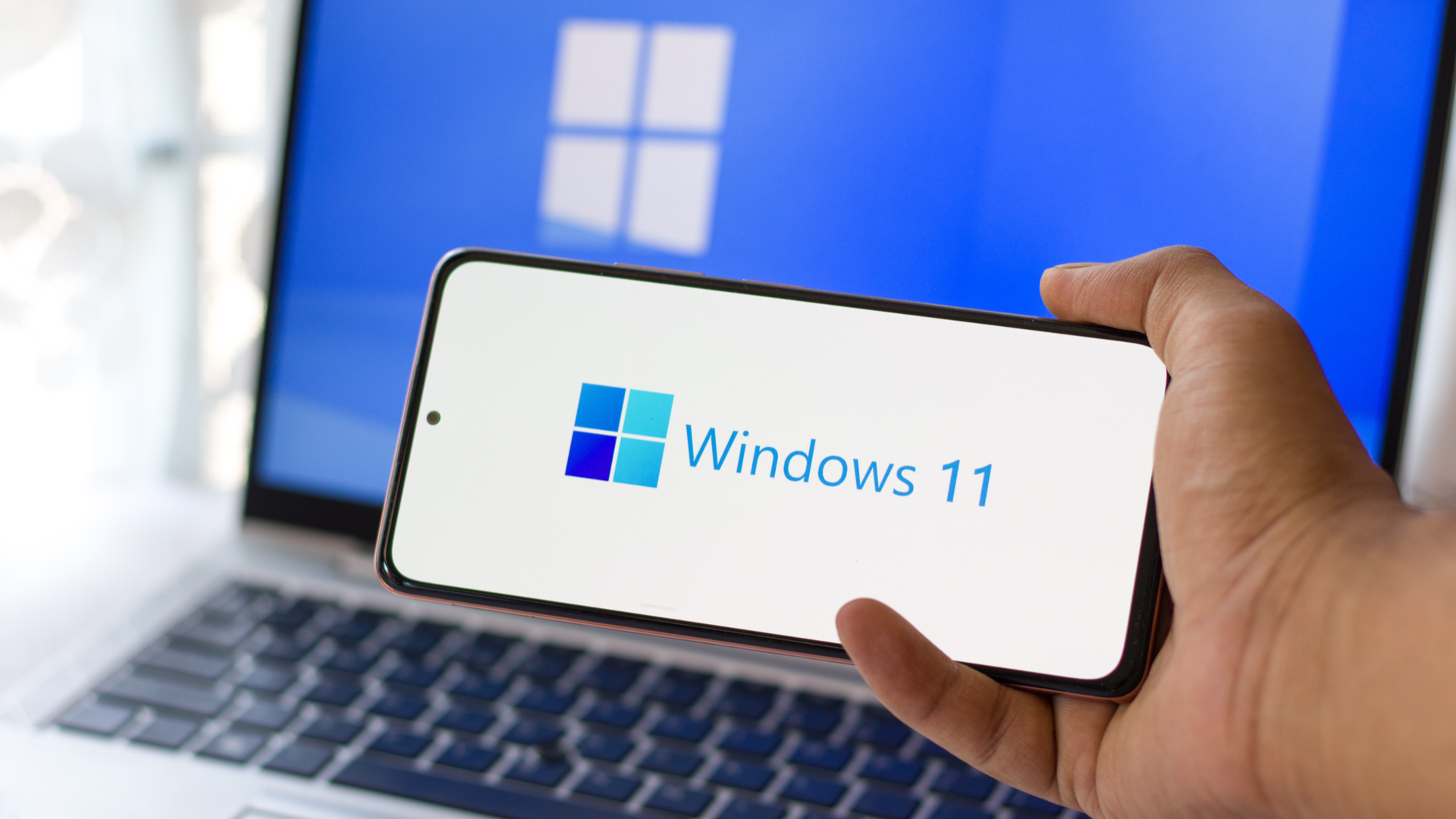With Windows 11 formally announced and Microsoft making specific hardware requirements for any future computers wanting to run the OS, it's no surprise that scalpers are creeping out of the woodwork to make a quick buck. And this time, they're hoarding TPM 2.0 modules.The scalping (on eBay, of course) was first detected by Shen Ye, who is the senior director of hardware and products at HTC. For those who are understandably unfamiliar with TPMs---or trusted platform module chips---an understandably niche component, it's a specialized security chip used for encryption keys.
Microsoft just disclosed its hardware and software requirements for running Windows 11, listing TPM 1.2 as a "hard floor" and TPM 2.0 as a "soft floor." In the documentation, Microsoft stated, "Devices that do not meet the hard floor cannot be upgraded to Windows 11, and devices that meet the soft floor will receive a notification that upgrade is not advised."
Many pre-built laptops and PCs come with TPM already attached or soldered to the mainboard, and most new motherboards support TPM via firmware. But in situations where that isn't the case, that's where someone might need to purchase a module separately. You can check to see if your Windows machine has TPM 2.0 support through the UEFI.
So, of course, this puts consumers between a rock and hard place. (Again, remember the same type of thing happening with NVIDIA's GeForce RTX 3080 graphics cards?) If you do need to purchase a TPM 2.0 module, make sure you only purchase one through a reputable source (read: not eBay), and that you only pay the suggested retail price for it, which is about $20. Don't pay more.
via Windows Central

